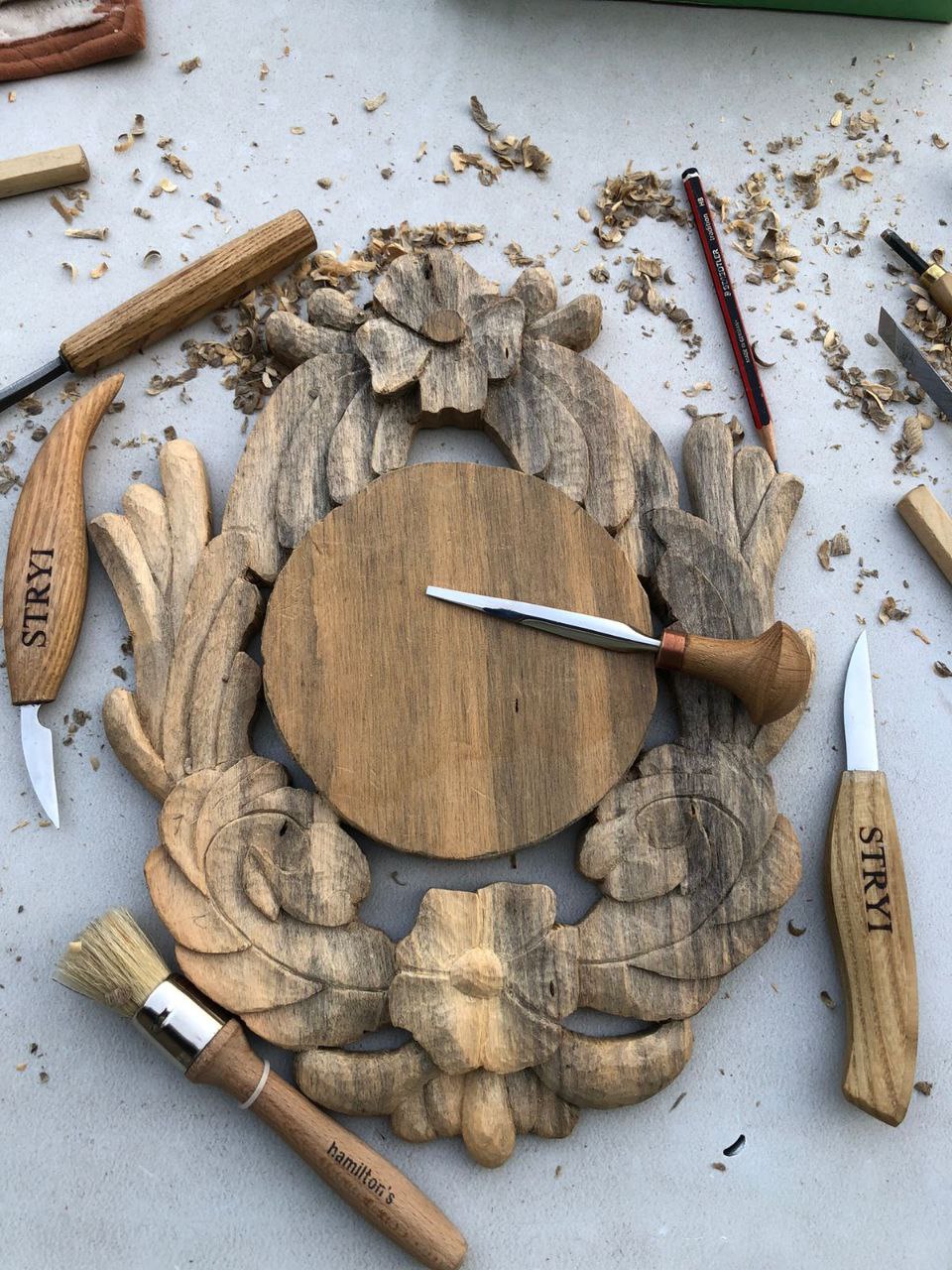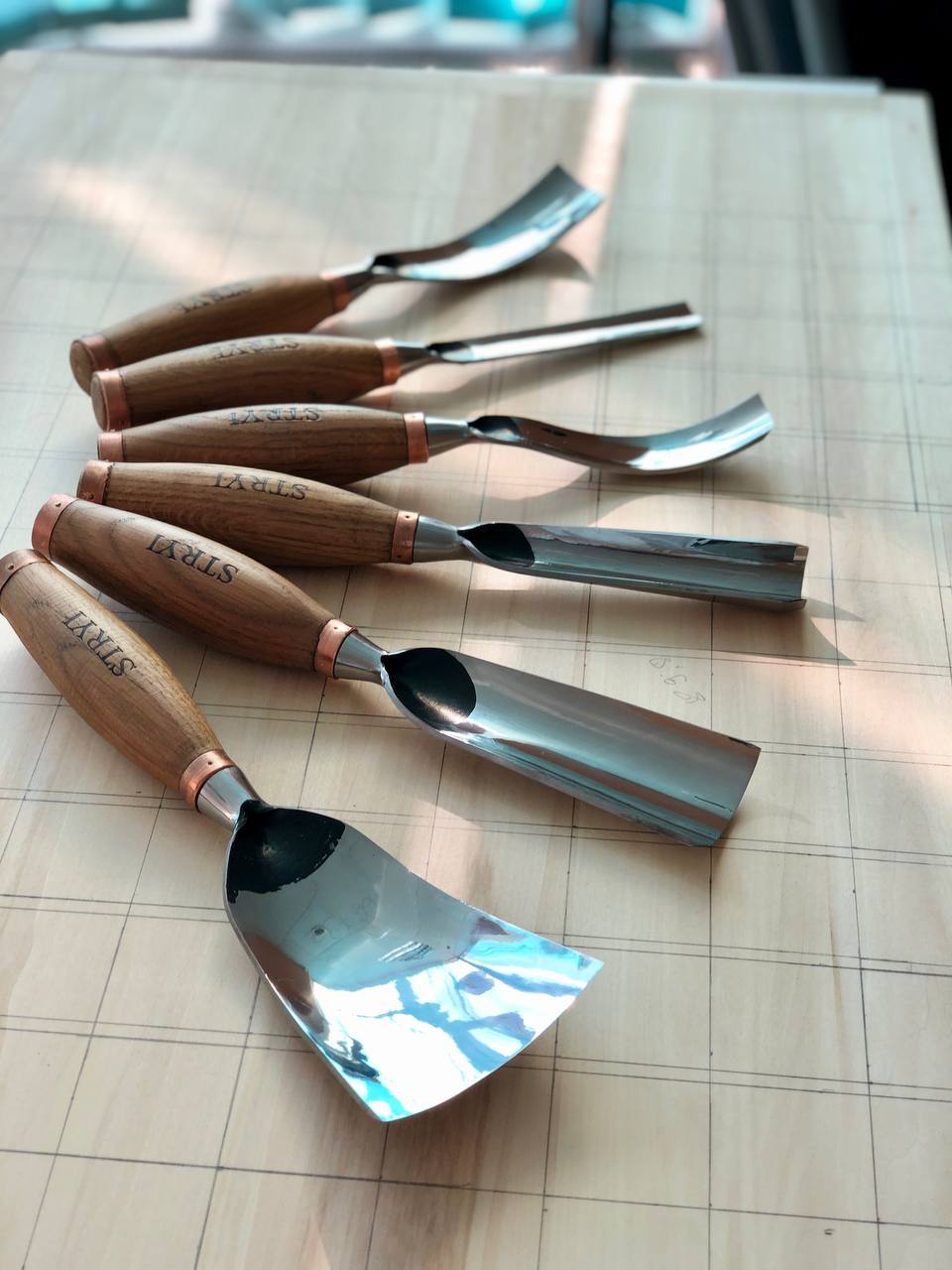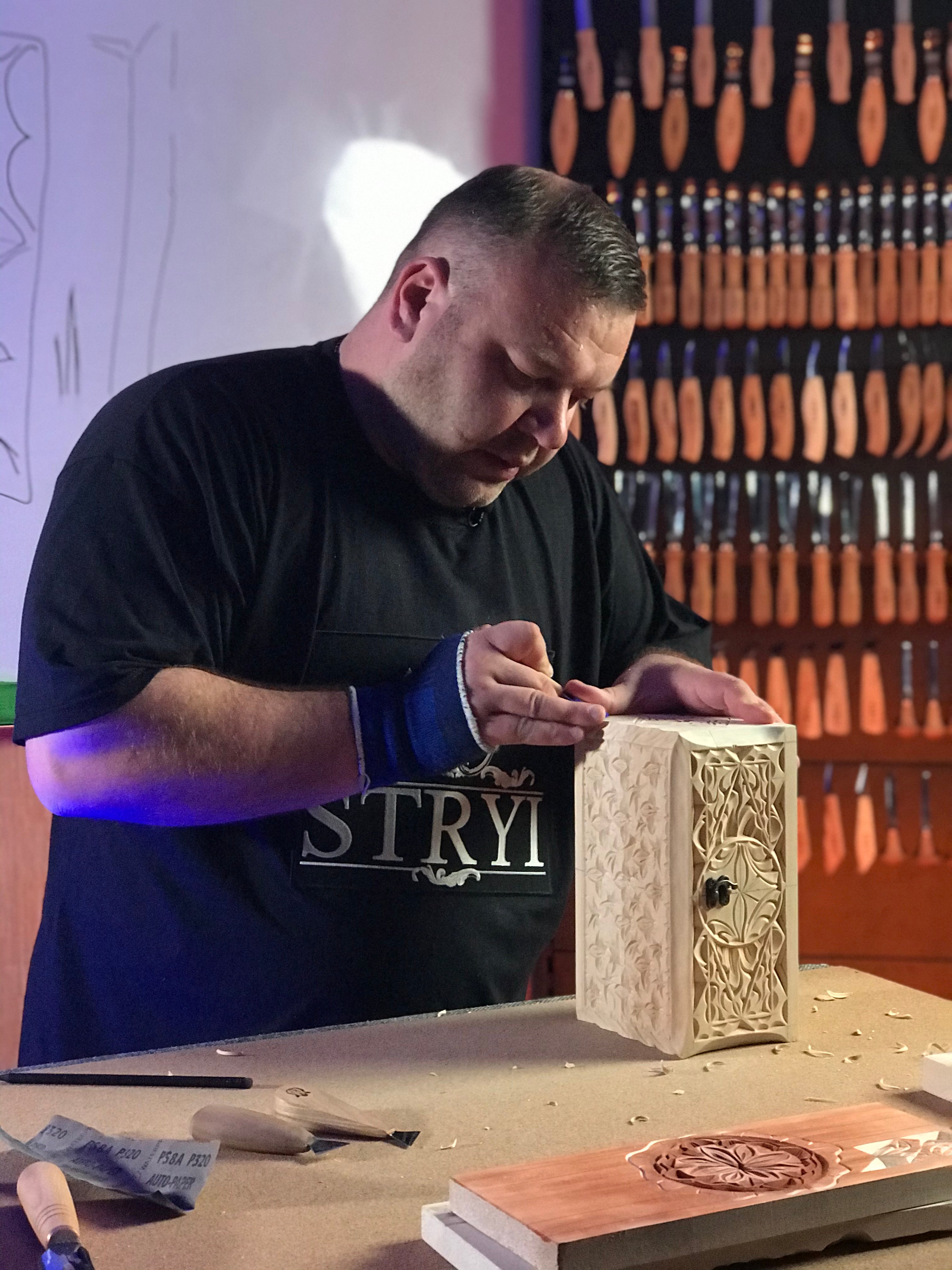
Woodcarving Techniques
Different Woodcarving Techniques: A Comprehensive Guide
Woodcarving is one of the oldest and most exquisite crafts, existing at the intersection of art and craftsmanship. It has a rich history that spans thousands of years and includes a variety of techniques and styles that differ depending on culture, geography, and purpose. In this article, we will explore various woodcarving techniques, their features, applications, and historical context.
Introduction to Woodcarving
Woodcarving is the process of removing parts of wood to create decorative or functional items. It can range from simple engraving to complex three-dimensional sculptures. Woodcarving encompasses many techniques, each requiring its own tools, skills, and approaches.
Choosing Wood
Before starting carving, it's essential to choose the right wood. Different types of wood have different properties that affect the carving process. The most commonly used woods include:
- Linden (Basswood): A soft wood that's easy to work with, suitable for beginners.
- Oak: A hard wood that is more difficult to carve but has a beautiful texture.
- Walnut: A wood with rich color, ideal for detailed work.
- Mahogany: An exotic wood with a reddish hue, used for decorative elements.
Tools for Woodcarving
The tools used in woodcarving depend on the technique and scale of the work. The main tools include:
- Chisels: Various types of chisels, including flat, gouges, and V-tools, are used to create different shapes and textures.
- Carving Knives: Used for detailed work, particularly for carving small details and ornaments.
- Mallets: Used with chisels to remove large amounts of wood.
- Scrapers and Rasps: Help in creating a smooth surface and leveling.
Major Woodcarving Techniques
1. Low Relief Carving (Bas-Relief)
Low relief carving, or bas-relief, involves carving an image on a flat surface so that it slightly protrudes from the background. This technique was widely used in ancient cultures, such as Egypt and Mesopotamia, to create decorative panels and architectural elements.
- Application: Creating decorative panels, furniture, frames for mirrors, and paintings.
- Features: This technique requires attention to detail and the ability to work with different depths to create the illusion of three-dimensionality.
2. High Relief Carving (Alto-Relief)
High relief carving, or alto-relief, is a technique where the image protrudes significantly from the surface of the wood. This technique is used to create complex scenes or compositions where depth and volume are important.
- Application: Creating sculptures, bas-reliefs on walls, decorative elements on building facades.
- Features: Requires significant experience and skill, as it demands precise control of tools to create depth and volume.

3. Round Carving (Sculpture in Wood)
Round carving is one of the highest forms of carving, where the object is carved from wood in three-dimensional form, allowing it to be viewed from all sides. This technique requires a considerable amount of time, patience, and skill, as every detail of the sculpture must be carefully thought out and executed with maximum precision.
- Application: Creating statues, figurines, masks, interior details.
- Features: Requires accurate knowledge of anatomy, proportions, and a deep understanding of the material.
4. Geometric Carving
Geometric carving involves creating symmetrical patterns and ornaments using straight lines, angles, and simple shapes. This technique is popular in the traditional crafts of many cultures, especially in Islamic art, where it is used to create intricate ornaments without depicting living beings.
- Application: Decorating furniture, panels, frames, church decorations.
- Features: Requires precise work with lines and angles, as well as an understanding of symmetry and rhythm.
5. Fluting
Fluting is used to create parallel or wavy lines on the surface of the wood, giving it texture and volume. This is one of the oldest techniques used in architecture to decorate columns and furniture.
- Application: Decorating columns, furniture, architectural decorative elements.
- Features: Requires special attention to the rhythm and spacing between lines to achieve a harmonious effect.
6. Intarsia
Intarsia is an inlay technique where different colored pieces of wood are inserted into a base to create patterns or images. This technique allows for the creation of intricate and detailed compositions that resemble mosaics.
- Application: Making furniture, paintings, decorative panels.
- Features: Requires skill in working with different types of wood and careful planning of the composition.
7.Wood turning
Wood turning carving involves the use of a lathe, where a block of wood rotates around its axis while the craftsman removes excess wood with a tool to create symmetrical shapes. This technique is often used to create tableware, furniture legs, and other round elements.
- Application: Making bowls, vases, furniture legs, pillars.
- Features: Requires skill in working with a lathe and knowledge of precise cutting techniques.
Conclusion
Woodcarving is a unique form of art that combines skill, patience, and creativity. It offers a wide range of techniques, each with its own characteristics and requirements. Whether you are a beginner or an experienced craftsman, woodcarving provides endless opportunities for self-expression and the creation of timeless masterpieces that bring joy and aesthetic satisfaction.



Leave a comment
This site is protected by hCaptcha and the hCaptcha Privacy Policy and Terms of Service apply.